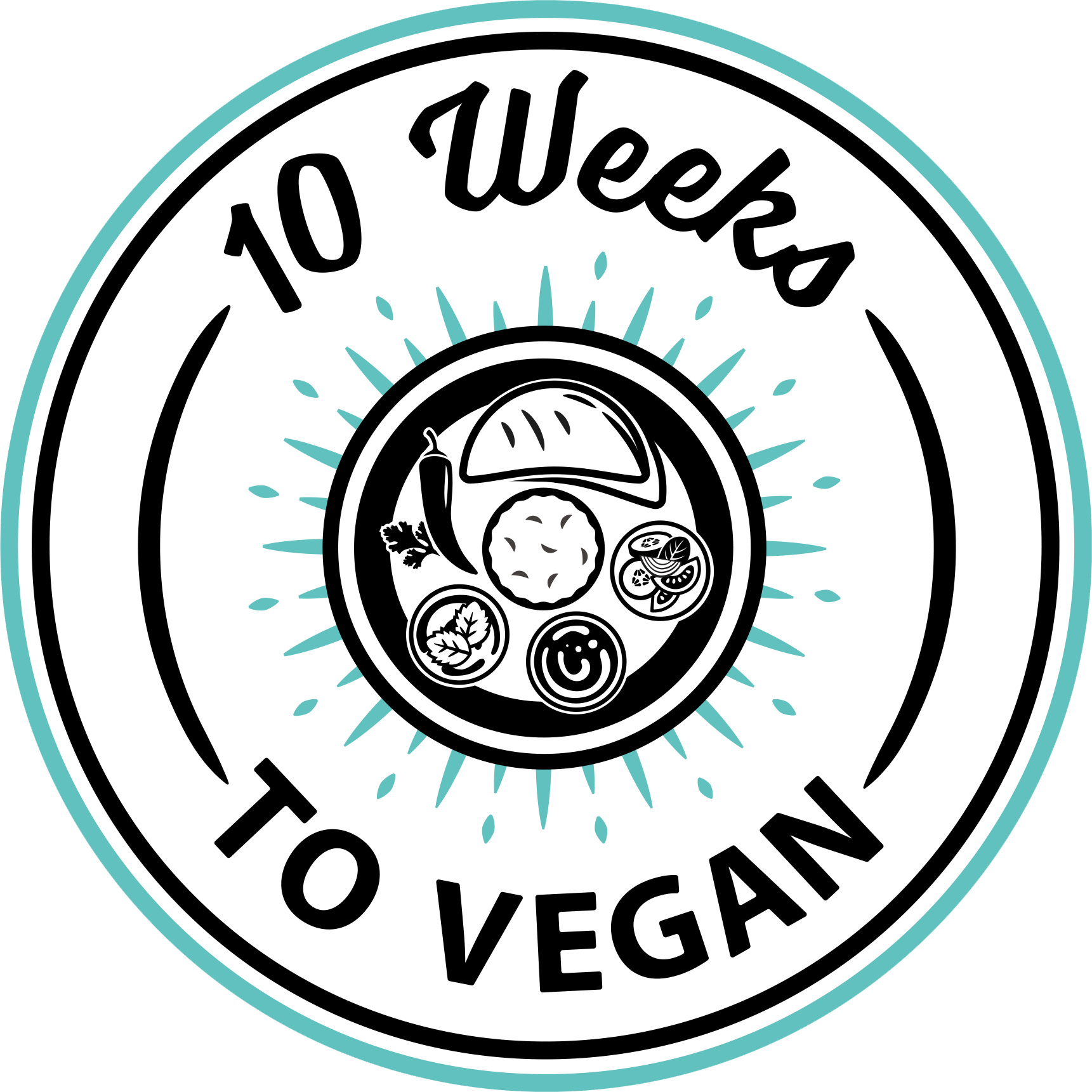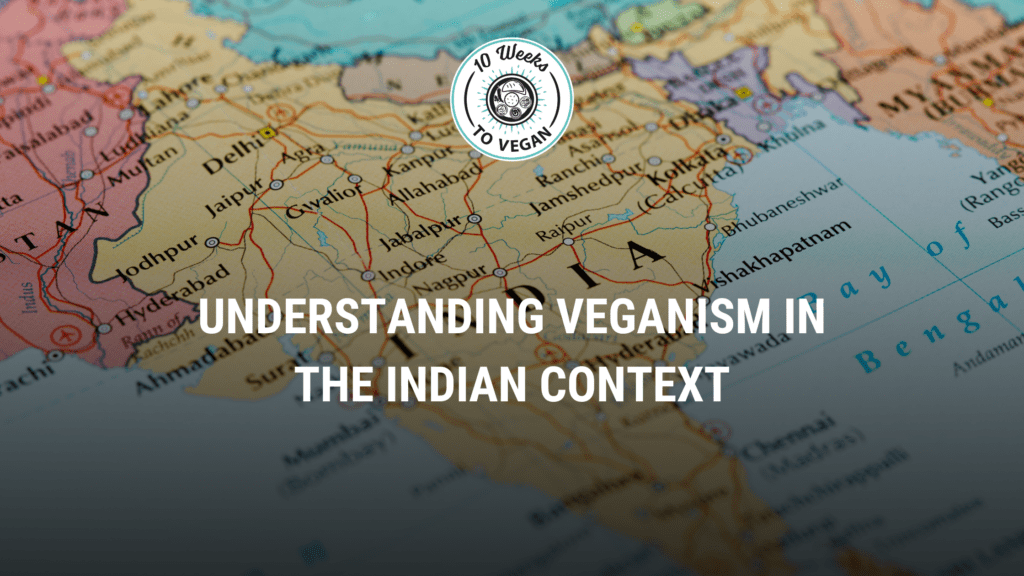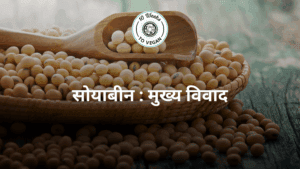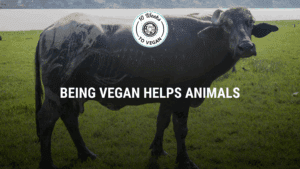The word “vegan” can refer to individuals or products.
Vegan Individuals
A vegan individual is someone who doesn’t eat animal products including meat, fish, eggs, or dairy. Veganism is often misunderstood as a Western concept, but it aligns closely with traditional Indian values of compassion and non-violence. In fact, the translation of shuddh shakahar—pure vegetarian—is essentially vegan, as it excludes all animal-derived products, including dairy.
While vegetarianism is widespread in India, it typically includes dairy, a cornerstone of many regional cuisines. Veganism, on the other hand, eliminates dairy, honey, and other animal byproducts, focusing on a lifestyle that avoids the exploitation of animals entirely. Individuals choose veganism for various reasons, including compassion for animals, environmental sustainability, and personal health.
Regional Indian cuisines, with their abundance of plant-based dishes, make transitioning to veganism easier. Many traditional recipes are accidentally vegan, such as rajma chawal from North India, masoor dal from Bengal, avial from Kerala, and sundal from Tamil Nadu. These naturally vegan dishes showcase the diversity and richness of
Indian food, making it one of the most vegan-friendly cuisines in the world.
For vegans, the journey often involves replacing dairy-based staples like ghee, paneer, and curd with plant-based alternatives. However, this shift can be both practical and delicious with creative substitutions and the wide variety of plant-based ingredients available.

Vegan Products
A vegan product contains no animal-derived ingredients, regardless of how it is produced.
An area of concern for many vegans is the use of certain ingredients that, while technically vegan, may have ethical or environmental implications. For instance, palm oil, a common ingredient in many Indian snacks and packaged foods, is often linked to deforestation, which harms animals and ecosystems. Conscious vegans may choose to avoid palm oil or seek sustainably sourced options.
Practical Veganism in India
India’s culinary heritage offers an incredible advantage to those exploring veganism. From biryani with jackfruit to kathi rolls filled with spiced vegetables, the adaptability of regional cuisines ensures there’s no shortage of flavorful vegan options.
While veganism is gaining popularity, it’s often confused with vegetarianism. The key difference lies in the exclusion of dairy and other animal-derived products like honey. Choosing veganism allows individuals to take a step further in reducing animal harm and mitigating environmental impact, aligning with modern ethical concerns and ancient principles of ahimsa.
With its wide variety of plant-based dishes and deep-rooted cultural philosophies, India is uniquely positioned to embrace veganism—not as a Western trend but as an evolution of its culinary and ethical traditions.







